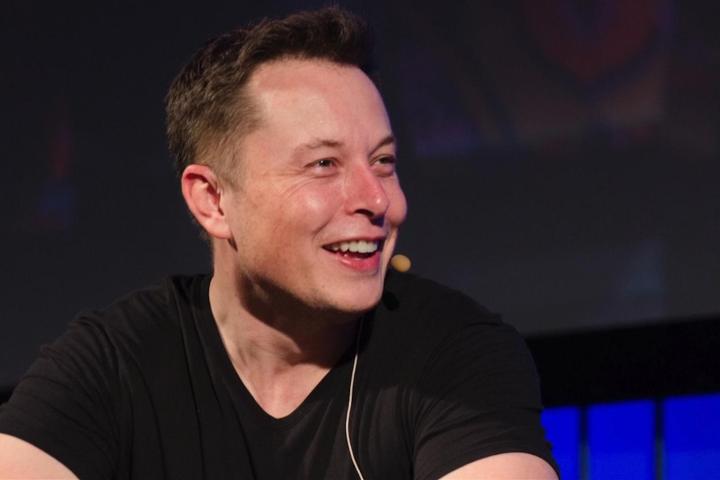
Facebook and Google are already working on separate but similar initiatives involving not only satellites, but also balloons and drones.
‘Smaller, less expensive satellites’
A recent Wall Street Journal report claimed Musk is working with WorldVu Satellites founder and former Google executive Greg Wyler in the hope of one day launching “smaller, less expensive models that can deliver Internet across the globe.” Each would reportedly weigh around 250 pounds – about half the weight of current commercial communications satellites – and cost somewhere in the region of a $1 million each.
The plan is thought to be in the early stages, with the Journal pointing out that for it to come to fruition, it would first have to clear a bunch of financial, technical, and regulatory obstacles.
Musk’s SpaceX company, which, together with Boeing, recently won a multi-billion-dollar NASA contract to develop a spacecraft for transporting astronauts to and from the International Space Station, is in a position to provide the technology for launching the Internet satellites, with the first ones lifting off possibly by 2020.
Up until fairly recently, Wyler had reportedly been leading a Google-backed project involving 180 small-capacity satellites designed for a number of uses, including providing Internet connectivity and gathering image data for its mapping products. However, the Journal’s sources suggest he departed after concluding the company lacked “sufficient manufacturing expertise.”
Loon
Google, meanwhile, appears to be moving along a little faster with a similar project, this one involving high-altitude balloons. The Mountain View company said earlier this year it hoped Project Loon would have an Internet service running for locations “in one or several countries” by June 2015.
Facebook, meanwhile, plans to provide Internet connectivity to communities in remote areas using a fleet of Wi-Fi drones. Project engineer Yael Maguire said recently the flying machines could each be as large as a Boeing 747, and would be capable of staying airborne for months at a time. Flight tests could begin as early as next year, with the service rolling out within five years.


